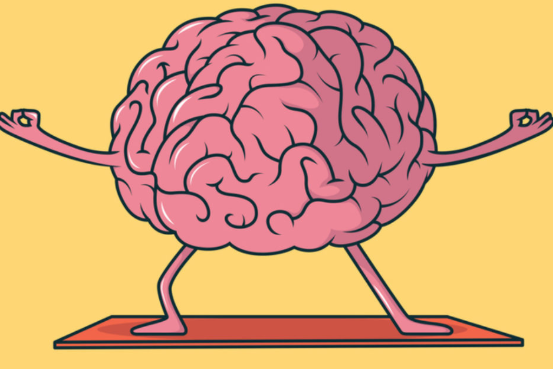|
(Copyright 2020, Simona Zaino )
Full or partial reproduction of this article requires permission from the author. It was not long ago when neuro-scientists believed that an adult developed brain was not capable of changing. More specifically, scientists believed that neurons connections in the brain (i.e. synapses), once established, became fixed or 'hardwired' New studies are now challenging this belief (see 'The Brain that Changes Itself' by Norman Doidge). Far from being unchanging, the brain is actually a 'plastic' organ. A plastic brain is a brain capable of changing its structure to adapt to new tasks and new situations. 'Neuro-plasticity' is the neurons' ability to change the old connections if they cannot efficiently handle the new task so that new connections can be established. This is a ground-breaking discovery if we think in terms of our ability to make changes and adapt to new circumstances in life. From a neuroscience point of view, changing acquired habits (anything from thought patterns to eating and exercise routines) requires the creation of new synapses in our brain. The more efficient our brain is in doing that, the faster we adapt and change. On the other hand, the more established the old habits (and the relevant synapses), the harder it is to change them. Is it possible for us to increase brain plasticity and its efficiency at dealing with changes? Challenging our brain by learning new skills is certainly a way ok keeping the brain fit. A regular Yoga practice can act at a deeper level to increase brain 'flexibility'. On the one hand, the practice of Yoga postures provides a physical and mental challenge: flexibility, balance, strength and focus are the main skills we need to execute and hold a pose in a effortless manner. On the other, meditation and breathing exercises usually included in a traditional Yoga class, will have a calming effect on the mind. And a calm mind is more efficient at 'isolating' the specific task to be carried out thus producing a 'focused effort' Related articles and tutorials in this blog: Covid19: rethinking our fear of change What is Yoga? What are its benefits? Author: Simona Zaino Simona is a qualified Health, Nutrition & Life Coach based in Dublin. She is also a Yoga and Pilates instructor and teaches group, private and online classes. Comments are closed.
|
MORE ARTICLES
|

 RSS Feed
RSS Feed
